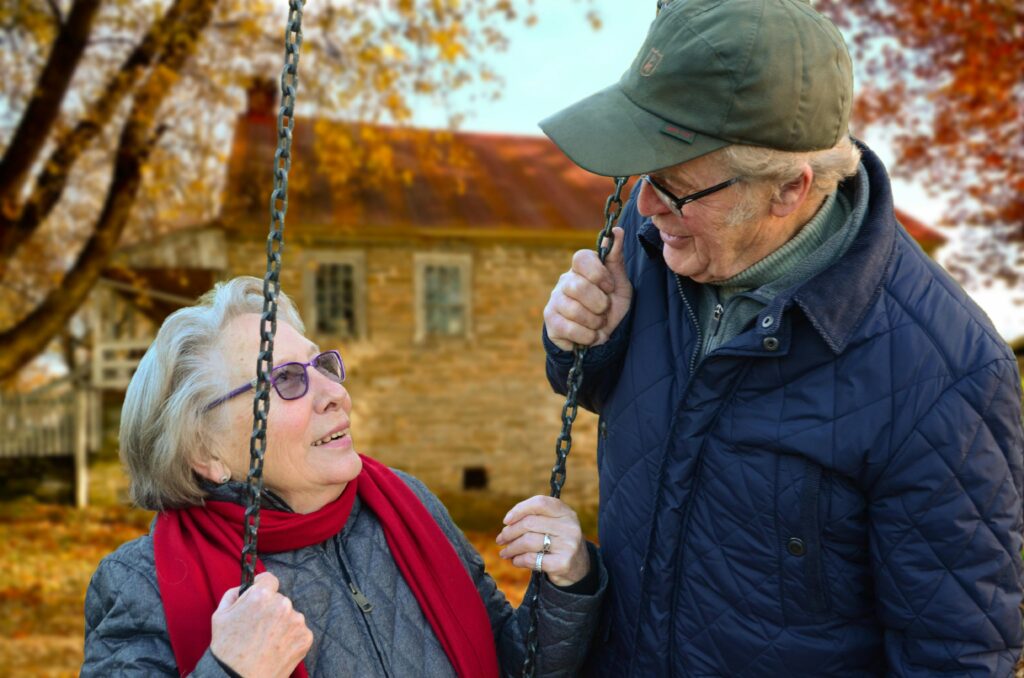Introduction:
Elderly care management is a crucial aspect of ensuring the well-being and quality of life for aging individuals. Optimizing aging-in-place involves implementing strategies and support systems that enable seniors to live comfortably and safely in their own homes. In this article, we’ll delve into various facets of elderly care management, covering everything from home modifications to emotional support and healthcare coordination.
Navigating Home Modifications for Aging:
Navigating home modifications for aging entails making adjustments to the living environment to accommodate the changing needs of seniors. These modifications can range from installing grab bars and ramps to ensuring adequate lighting and decluttering spaces for better mobility.

Ensuring Accessibility and Safety:
Ensuring accessibility and safety within the home is paramount for aging individuals. Installing grab bars in bathrooms, ramps for wheelchair access, and non-slip flooring surfaces are essential measures to prevent falls and accidents.
Creating Comfortable Living Spaces:
Creating comfortable living spaces involves optimizing the layout and design of the home to enhance convenience and ease of movement for seniors. This may include rearranging furniture, widening doorways, and lowering countertops for accessibility.
Emotional Support and Social Engagement:
Emotional support and social engagement play a crucial role in the well-being of aging individuals. Loneliness and isolation can have detrimental effects on mental and physical health, making it essential to foster meaningful connections and interactions.
Promoting Social Activities and Hobbies:
Promoting social activities and hobbies encourages seniors to stay engaged and connected with their peers. Organizing group outings, hobby classes, and community events can provide opportunities for socialization and enrichment.
Offering Emotional Companionship and Counseling:
Offering emotional companionship and counseling services can help seniors cope with feelings of loneliness, depression, or anxiety. Having a support system in place, whether through family, friends, or professional caregivers, can make a significant difference in mental well-being.
Healthcare Coordination and Management:
Healthcare coordination and management involve ensuring that seniors receive timely and appropriate medical care to maintain their health and well-being. This includes managing medications, scheduling appointments, and advocating for their healthcare needs.

Medication Management and Adherence:
Medication management and adherence are crucial for seniors with chronic health conditions. Implementing pill organizers, medication reminders, and regular medication reviews can help prevent adverse drug interactions and complications.
Facilitating Communication with Healthcare Providers:
Facilitating communication with healthcare providers ensures that seniors receive comprehensive care tailored to their individual needs. This may involve accompanying them to medical appointments, maintaining updated health records, and advocating for their preferences and concerns.
Directions about ageing
Family members can support elderly loved ones by providing companionship, assistance with daily activities, and ensuring a safe and comfortable living environment. Open communication and collaboration with healthcare professionals are also essential.
Common challenges faced by seniors aging-in-place include mobility limitations, social isolation, financial constraints, and access to healthcare services. Addressing these challenges requires a holistic approach involving physical, emotional, and logistical support.
There are various financial assistance programs available for home modifications, such as grants, loans, and insurance coverage. Eligibility criteria and application processes may vary depending on the specific program and location.
Technology can aid in elderly care management by offering solutions such as medical alert systems, home monitoring devices, and telehealth services. These technologies enhance safety, communication, and access to healthcare resources for seniors aging-in-place.
Caregivers play a vital role in elderly care management by providing physical assistance, emotional support, and companionship to aging individuals. They help facilitate daily activities, monitor health status, and advocate for their well-being.
Supporting Aging with Dignity and Independence:
Supporting aging with dignity and independence is a fundamental aspect of elderly care management. It involves empowering seniors to maintain control over their lives while receiving the necessary support and assistance to meet their needs.

Empowering Seniors through Choice and Autonomy:
Empowering seniors through choice and autonomy allows them to make decisions about their care and lifestyle preferences. It’s essential to respect their autonomy and involve them in discussions regarding their health, living arrangements, and daily activities.
Respecting Individual Preferences and Cultural Sensitivities:
Respecting individual preferences and cultural sensitivities is vital for providing personalized and culturally competent care to seniors. Understanding their background, beliefs, and values helps tailor support services to meet their unique needs and preferences.
Ensuring Financial Security and Stability:
Ensuring financial security and stability is crucial for seniors to age-in-place comfortably. It involves exploring financial assistance programs, managing expenses, and planning for long-term care needs.
Exploring Financial Assistance Programs and Resources:
Exploring financial assistance programs and resources can help alleviate the financial burden of aging-in-place. Seniors and their families can research government programs, community resources, and nonprofit organizations that offer financial aid for home modifications, healthcare expenses, and other essential needs.
Managing Expenses and Budgeting Wisely:
Managing expenses and budgeting wisely is essential for seniors on fixed incomes. It’s crucial to prioritize essential expenses, such as housing, food, and healthcare, while also setting aside funds for emergencies and unexpected costs.
Promoting Healthy Aging and Well-being:
Promoting healthy aging and well-being involves adopting lifestyle habits and practices that support physical, mental, and emotional health. It’s about encouraging seniors to stay active, engaged, and connected with their communities.

Encouraging Physical Activity and Exercise:
Encouraging physical activity and exercise is beneficial for maintaining mobility, strength, and overall health. Seniors can engage in low-impact exercises, such as walking, swimming, or tai chi, to improve cardiovascular health, flexibility, and balance.
Fostering Mental Stimulation and Cognitive Engagement:
Fostering mental stimulation and cognitive engagement is essential for keeping the mind sharp and maintaining cognitive function. Seniors can participate in activities such as reading, puzzles, games, and lifelong learning courses to stimulate their brains and prevent cognitive decline
Conclusion:
In conclusion, optimizing aging-in-place requires a multifaceted approach that addresses the physical, emotional, and logistical needs of seniors. By implementing home modifications, fostering social engagement, and coordinating healthcare services, elderly care management can significantly improve the quality of life for aging individuals. With the right support systems in place, seniors can age gracefully and comfortably in their own homes, maintaining independence and dignity.



